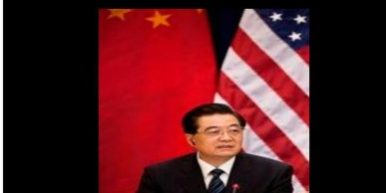Seek to answer the question of how the Chinese government’s policies towards the Uyghurs, a Turkic Muslim group living predominantly in the northwestern Chinese province Xinjiang (East Turkistan), have influenced the political consolidation of the Uyghurs. Three aspects of this question will be explored: Uyghur identity, interests, and Islamic mobilization. First, have Chinese policies helped to strengthen or weaken Uyghur identity? Second, how have Chinese policies shaped Uyghur interests? Finally, is there any evidence of Islamic radicalization and mobilization of Uyghurs in Xinjiang (East Turkistan), evaluated in the context of Marc Sageman’s theory on Islamic radicalization? This thesis argues that the PRC’s policies in Xinjiang (East Turkistan) have increased Uyghur solidarity socially but not politically. The Chinese policies have served to unintentionally unify the Uyghurs in opposition against a common adversary. Nevertheless, the PRC’s overwhelming state capacity to repress Uyghur discontent has prevented the Uyghurs from achieving any significant form of political consolidation. Finally, there is very little evidence of Uyghur Islamic radicalization and mobilization. The situation in Xinjiang (East Turkistan) does not fit Sageman’s theory on Islamic radicalization.
Wandana Community Center 14 Blacks Road Gilles Plains South Australia office@etaa.org.au
Welcome to the ETAA website
Uyghurs in East Turkistan (Xinjiang) – United or Divided Against the PRC
You are here:
- Home
- Published Books
- Uyghurs in East Turkistan (Xinjiang)…







